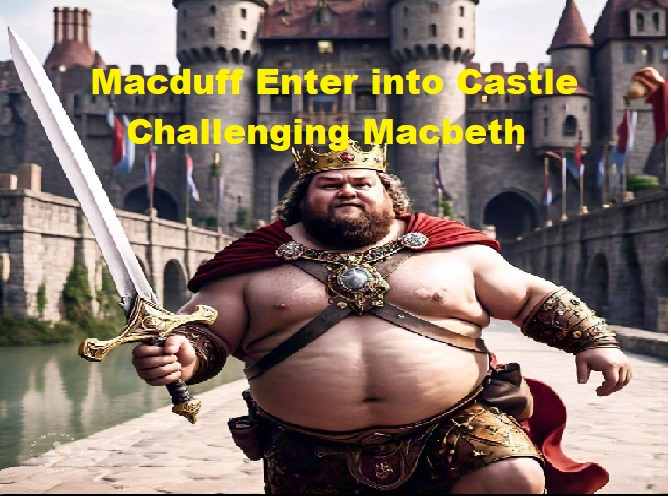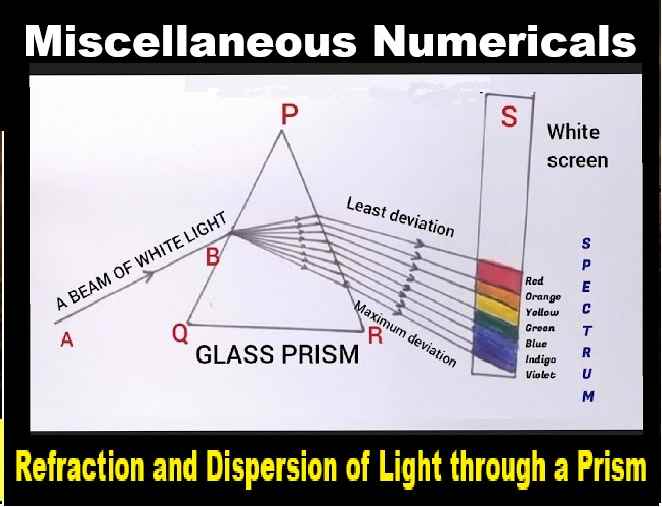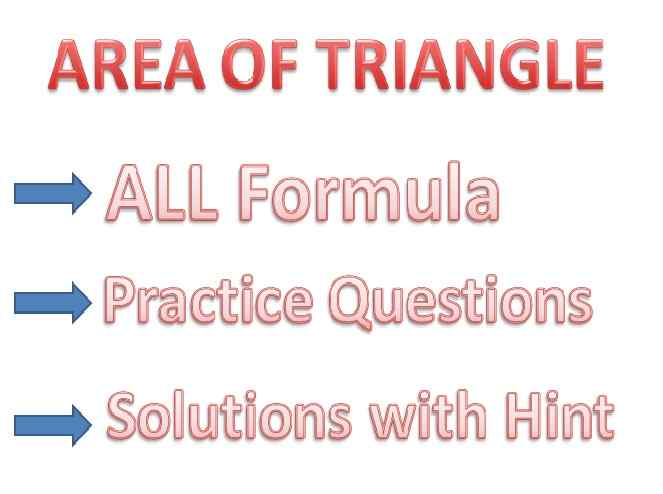Macbeth Act-5 Scene-7 Context Questions: ISC Class 12 Drama Workbook Solutions. Asking Context Questions are very common in English Drama because it help in the evaluation of skill among students . Visit official website CISCE for detail information about ISC Board Class-12 English.

Macbeth Act-5 Scene-7 Context Questions: ISC Class 12 Drama
| Board | ISC |
| Subject | English |
| Class | 12 |
| Book Name | Macbeth (Drama) |
| Session | 2024-25 |
| Topics | Workbook Solutions of Act-5, Scene-7 |
| Question Type | Context Questions |
Context Questions
(Macbeth Act-5 Scene-7 Context Questions: ISC Class 12 Drama Workbook Solutions)
Que: Read the extract given below and answer the questions that follow
Macbeth: They have tied me to a stake: I cannot fly, ….. .. … … Am I to fear, or none.
Que-1: Who does Macbeth compare himself to? Explain the imagery in the extract.
Ans: In Act-5 Scene-7 Macbeth compares himself as a bear that is tied to a stake. This imagery is derived from bear-baiting, a popular sport in the Elizabethan era, where a bear is tethered to a post and attacked by dogs. It is now just fit for Macbeth’s situation, bound and forced to fight.
Que-2: What does the word ‘course’ mean? Why does Macbeth associate himself to ‘the course’?
Ans: The phrase ‘course’ refers to the forced path , similar to a racing track or a fighting ring. Macbeth compare himself with ‘the course’ because, like a bear bound to a stake, he has no choice but to face his attackers in the bounded condition he is given.
Que-3: Who enters the scene after this extract? How does the person challenge Macbeth?
Ans: After this extract Young Siward enters the scene challenging Macbeth by directly asking for his name and expressing his readiness to hear it, despite its fearful reputation, indicating his courage and readiness to face Macbeth.
Que-4: How does the killing of young Siward boost Macbeth’s self confidence to a greater degree?
Ans: Macbeth’s confidence boosts after killing of Young Siward because it confirm the prophecy of wired sisters that no man born of a woman can kill him. This success confuse him with a false sense of protection, as Young Siward, being born of a woman, could not defeat him.
Que-5: Give the meanings of: i. abhorred ii. brandish’d
Ans i. Abhorred: Despised, hated intensely. ii. Brandish’d: Waved or flourished (typically a weapon), often in a threatening or vigorous manner.
Macduff: That way the noise is. – Tyrant,
I sheathe again undeeded.
Que-1: Why is Macduff desperate to find Macbeth? Why is he concerned about his wife and children haunting him? What had happened to them?
Ans: Macduff is eager to find Macbeth because of personal revenge the murder of his wife and children by Macbeth himself. He is concerned about his wife and children’s ghosts haunting him if he fails in his mission.
Que-2: Why does Macduff not want to strike at the Kernes? Why does he call them wretched”?
Ans: Kernes are just hired soldiers, therefore Macduff does not want to attack because they are not the true enemy to confront. He calls them “wretched” indicating his pity and hate for their lowly status and the desperation that drives them to fight for money rather than justice or personal vendetta.
Que-3: What directs Macduff to Macbeth? Which lines in the extract show Macduff’s desperation to kill Macbeth? Quote the lines.
Ans: The direction of the fighting noises guides Macduff to Macbeth. His desperation is shown in the lines: “That way the noise is. Tyrant, show thy face!”
Que-4: Who enter the scene after the extract? What information is brought by them about the progress of the battle?
Ans: After the extract Malcolm and Siward enter the scene . They bring information that the castle has been surrendered almost without much resistance and that Macbeth’s forces are fade, with many shifting their party.
Que-5: Explain the lines: i. We have met with foes ii. That strike beside us
Ans: i. We have met with foes: These phrases refer that Malcolm and his allies have encountered enemies, but it also suggests a mingling among forces, potentially including traitors or defectors.
ii. That strike beside us: These line symbolizes that some of the enemies are deliberately missing their targets, possibly because they are conflicted in their loyalties or unwilling to fight against Malcolm and his forces, hinting at internal dissent within Macbeth’s ranks.
— : End of Macbeth Act-5 Scene-7 Context Questions: ISC Class 12 Drama :–
Return to :– Macbeth ISC Class -12 Drama Workbook Solutions
Thanks
Please share with your friends if helpful


